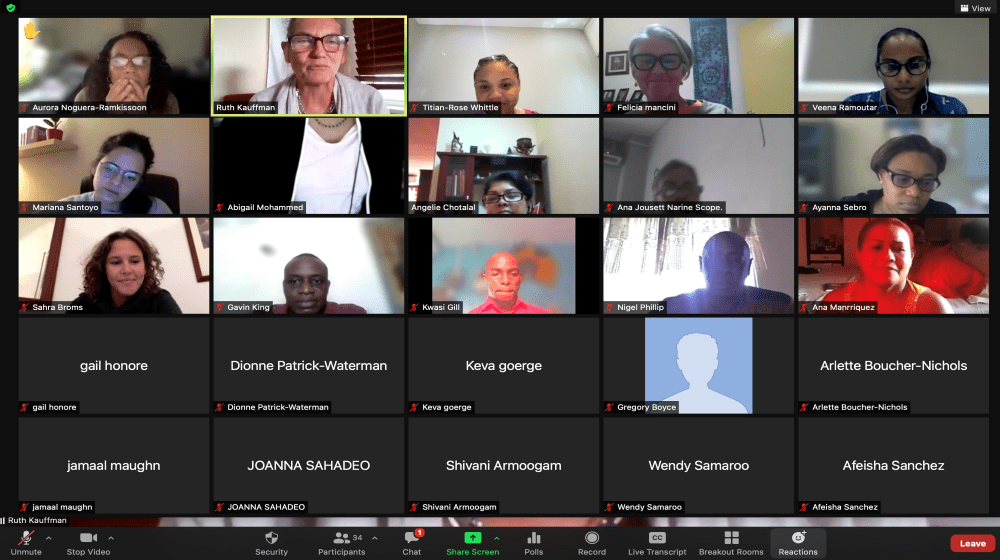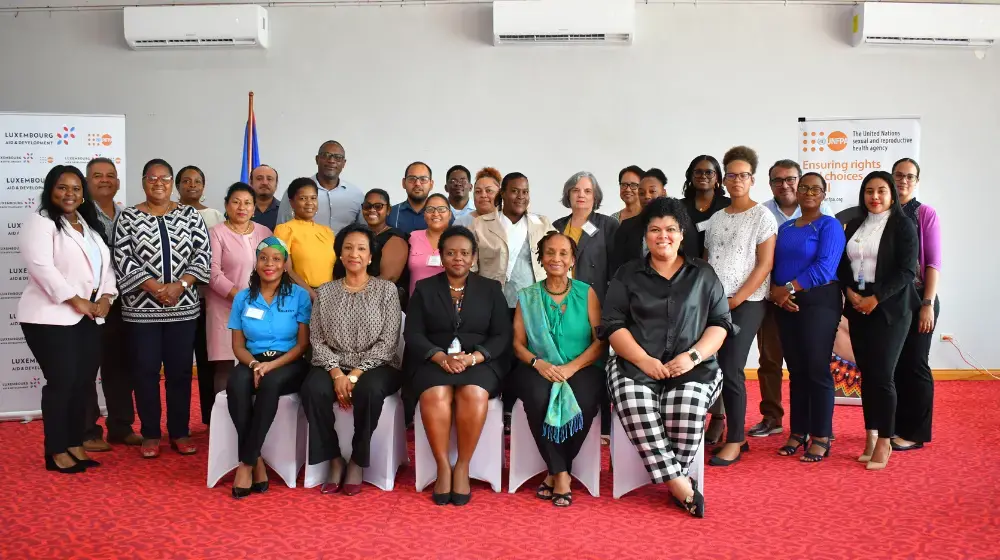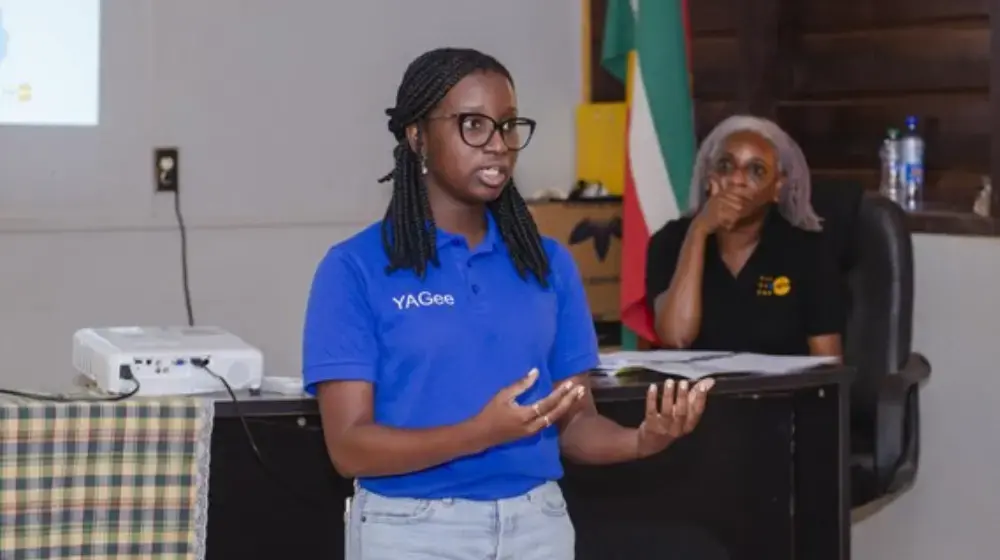UNFPA Caribbean, in collaboration with TransWave Jamaica and Equality Jamaica is undertaking a Psychosocial Support Counselling Pilot Initiative for Transgender and Gender Non-Conforming Persons. The activities included providing psychosocial care and support for the staff and volunteers of TransWave Jamaica and Equality Jamaica in order to strengthen their emotional well-being, mitigate mental health stressors, and enable them to practice self-care. The goal is to also expand the Equality Jamaica Community Mental Health Handbook for Practitioners and Mental Health Guide for LGBT Jamaicans and further strengthen the sections on transgender persons and gender non-conforming person. Staff and volunteers of TransWave Jamaica and Equality Jamaica will also receive further training in the delivery of a confidential transgender and gender non-conforming (TGNC) psychosocial counselling support services.
Considerable evidence exists that transgender persons experience worse health disparities and outcomes than heterosexual persons in every country across the globe. Some global findings regarding transgender persons include:
- Higher rates of depression, anxiety, smoking, alcohol abuse, substance abuse, suicide, and suicidal ideation as a result of chronic stress, social isolation, and disconnectedness from a range of health and support services.
- Transgender women are at higher risk of HIV and other STIs, including viral hepatitis.
- Elderly transgender individuals face additional barriers to health because of isolation and a lack of social services and culturally competent providers.
- Lack of support from families or communities drives transgender youth to be significantly more likely to be homeless, which results in other social and health problems.
According to the Associate Director of Programmes and Advocacy at TransWave Jamaica, the COVID-19 pandemic is putting human resilience and the global economic order under unprecedented strain in Jamaica and the transgender community has been significantly impacted. Prior to the pandemic, the community experienced several layers of vulnerability such as low access to education and employment, small or non-existent family safety nets and high vulnerability to gender-based violence. The pandemic has further exacerbated those struggles as the community has been hit with major losses in income resulting in many being unable to afford housing, food, and other basic amenities. Sex workers in the community have faced the biggest hit as the nightly curfews and no movement days have affected their livelihoods. The curfews and no movement days have also impacted members of the community who are homeless as they are arrested and charged for being on the street during these times.
As the world moves towards vaccination, TransWave Jamaica has noticed that the trans community is again being left behind as many do not have the required national identification to enable them to receive the vaccine. This is yet another marginalization being experienced by the trans community. The existing, fundamental disparities in political and economic institutions almost ensure that those who are already disadvantaged will bear a disproportionate part of the burden of suffering.
The Psychosocial Support Counselling Pilot Initiative is being implemented to help to address the highlighted challenges.





